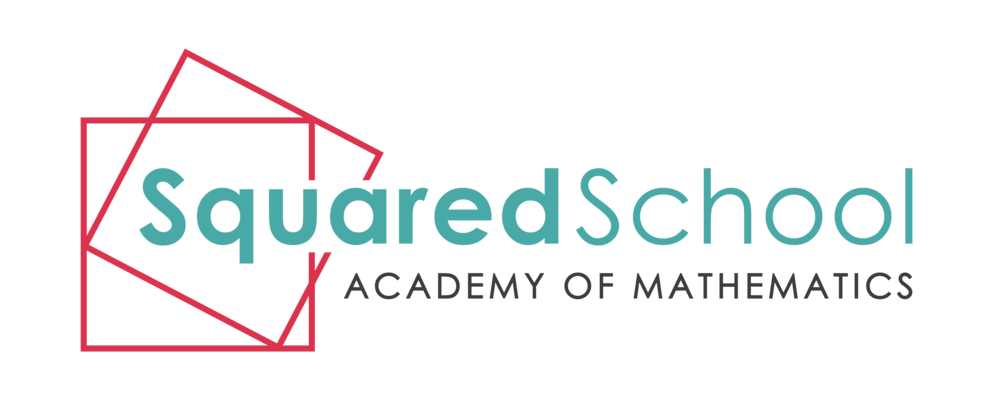
Frequently Asked Questions
Is this program right for my son or daughter?
We believe this program is appropriate for many children. It is true that high performing or gifted kids should thrive in this program. But your child does not need to be considered “gifted” or even be a high math performer currently to benefit from our program.
Should we wait until the beginning of new semester to enroll?
In most cases you can enroll mid-term. The material in our courses is modularized so it is easy to enter at any point. So, to the extent classroom spots are available, you should enroll when you are ready.
What is the difference between your curriculum and Singapore Math or Russian Math?
Singapore and Russia are countries with a significantly higher quality of mathematics education than the US. When used for marketing purposes such labels evoke reactions and feelings of high quality. Of course mathematics is universal and country agnostic, so there is no such thing as “Singapore math” or “Russian math”. So the ultimate quality of a mathematics program will depend on the curriculum, teachers, teaching methods, and many other factors
When is the best age to enroll?
We accept children 6 years old and up. Younger students must be able to handle the material of our entry course. Younger children are very good at absorbing new information, so the sooner they start learning mathematics, the better. Of course, it is never too late to start, and we have worked successfully with students who joined our program in high school.
Can the parents stay in the class and observe the lessons?
Parents’ presence in the classroom is distracting to students. Parents can enjoy the beautiful Wayland Square area while their children are learning.
My child is involved in many sports/extracurricular activities, how do I know if we can fit the math program into the child’s schedule?
If your son or daughter is already involved in four or five activities and you are trying to “squeeze in” math, this may be difficult. In our program, students will typically spend four hours a week between in-class lessons and homework, so you have to make a determination whether our program can fit your child’s schedule, or if you wish to re-prioritizing your child’s activities.
Should parents try to help children with their homework?
Involved parents contribute greatly to the success of their children. Parents should keep children accountable for doing their homework and help them to the extent they can with more challenging questions. However, parents should not do the entire homework with their children on a consistent basis - this may be an indication that the student should be at a lower level course
How do I keep track of my child’s progress?
You will have access to the results of tests and quizzes, and you can also speak to the teacher about your child’s progress. You can also schedule an in-person meeting with the teacher and / or staff for a more in-depth discussion of your child’s progress.
We had hired a math tutor for our child a while ago; how is your program different?
Our program is very different from tutoring. Tutoring helps kids to catch up or get proficiency in areas of the standard US math curriculum. Our program does not teach the standard US math curriculum. Our goal is to give your child a more solid mathematics education, and not to “patch up” some trouble areas here and there. Tutoring of course has its role. Some of our students continue to retain a tutor who can help them with our homework assignments.
Do you provide individual tutoring?
While we focus primarily on group learning, we do provide individual tutoring. Please inquire about details.
What other resources should I use to help my child with math?
You may not need to use any other resources, but to the extent your child has the ability to handle additional practice, it will only benefit his or her progress. There are multiple online and book resources that can provide additional help.

